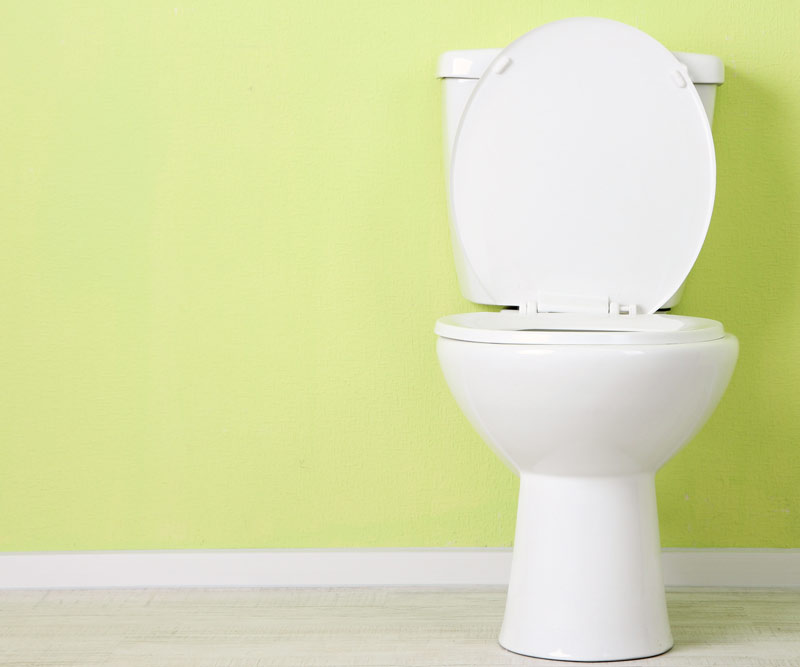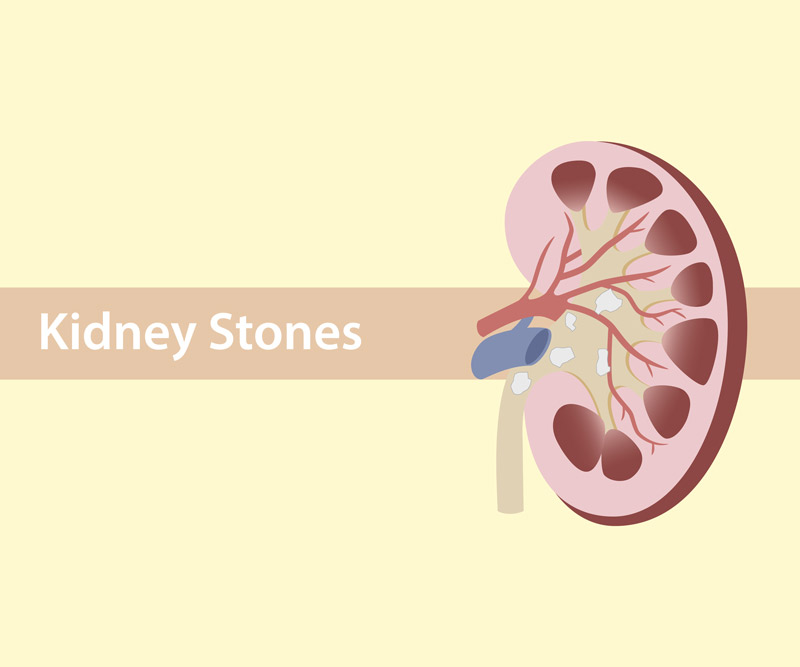
When Should a Woman See a Urologist?
Urologists are responsible for maintaining the wellness of male reproductive organs, similar to the way gynecologists have this responsibility in the female population.
But did you know that both men and women can see the urologist?
“Both men and women get kidney stones, can be diagnosed with bladder or kidney cancer, or may suffer from quality-of-life issues centered on urologic health,” says Dr. Carrie Fitzgerald, a urologist with Kauai Medical Clinic.
However, many women may be shy or embarrassed to visit an urologist, and will instead have some of their urologic issues addressed by their gynecologist.
“Many of the issues surrounding urologic health and wellness are similar between men and women, and some gynecologists actually have some specialty training in urogynecology,” notes Fitzgerald, whose specialty training is in male and female pelvic floor reconstruction.
When people think about women's urologic health issues, one of the things they think about is urinary incontinence.
“Urinary incontinence is losing urine in between trips to the bathroom,” Fitzgerald says. “Urinary incontinence is not only bothersome, but can be associated with other significant findings.”
Urinary incontinence that is associated with pain, blood in the urine or unexplained anatomical alterations in the tissues in and around the vaginal canal can:
- Worsen over time.
- Be related to significant disease processes, including but not limited to cancer.
- May be easily remedied with evaluation and treatment by an urologist.
Another of the most common urologic issues in women are urinary tract infections.
Women are more susceptible to urinary tract infections for many reasons. Some are anatomical, some are physiologic, and some are related to hormonal changes throughout life.
“Urinary tract infections can be a sign of significant urologic conditions,” Fitzgerald says. “Simple urinary tract infections are infections that are easily identified with common symptoms and treated readily with a very short course of antibiotics. However, if a woman has more than two of these simple infections a year, there is usually a more complex anatomic or physiologic condition playing a role.”
Although many women believe that the urologic health issues they are experiencing are related to the typical aging process, many of these conditions may be easily treated with physical therapy, medications or, in very rare circumstances, surgery.
“Heart health in general is good for urologic health,” Fitzgerald says. “There also are easy exercises that women can be encouraged to do by their physicians.”
Contact your primary care physician with any questions you may have.
Published on: December 9, 2016




